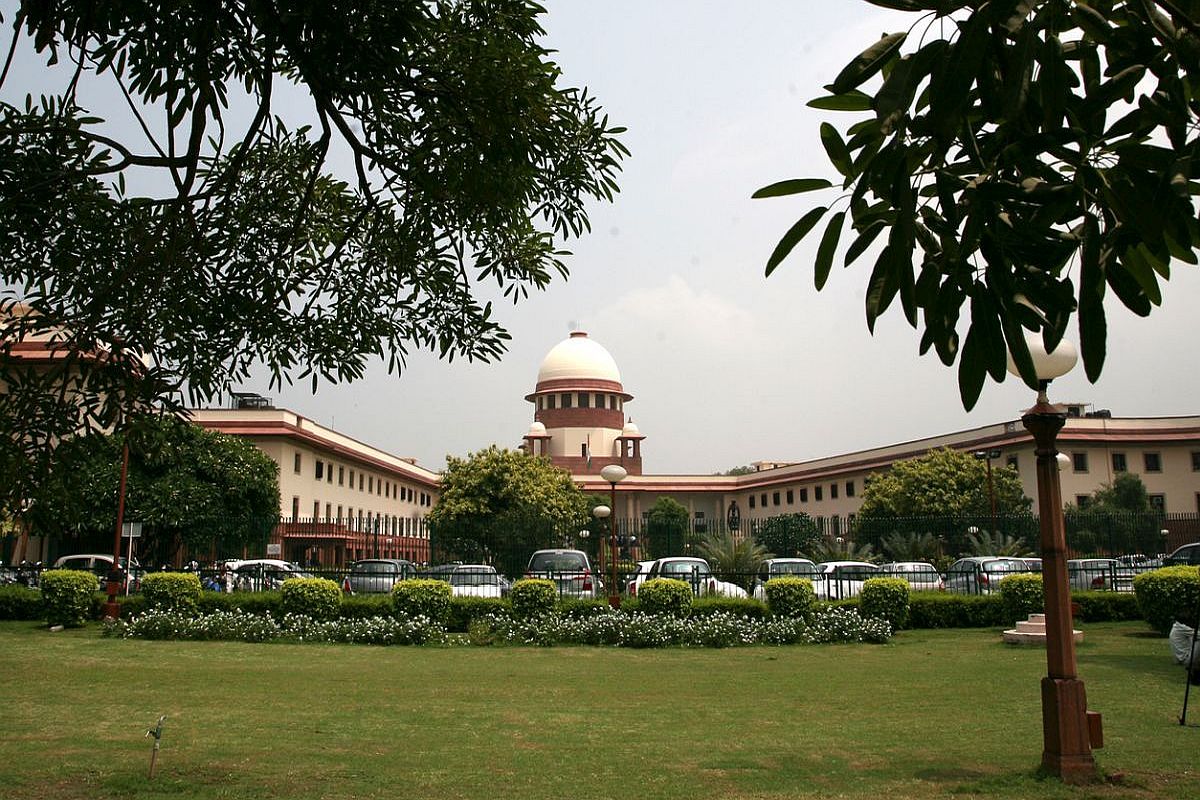Justice RF Nariman of the Supreme Court on Friday said the government must read the “extremely important dissent” order in the Sabarimala case while hearing the money laundering case against Congress leader D K Shivakumar. Justice Nariman had penned the dissent order on behalf of himself and Justice DY Chandrachud which dismissed the review petitions challenging the Supreme Court’s 2018 order in the Sabarimala case.
“This is not the way people in the country should be treated. Mehta, you should read the dissent in Sabarimala review. It is for people like you to educate and instruct the officials that our judgments are not to be played with,” said Nariman.
Advertisement
Justices Nariman and Chandrachud, who were a part of the five-judge Constitution bench in the Sabarimala case, had on Thursday dissented from the majority verdict and had dismissed the plea seeking review of the top court’s earlier judgment allowing entry of women of all ages to the Sabarimala temple.
They said there was no “error apparent” in its previous judgment that needed to be reviewed. All other issues, they said, will be dealt with whenever the occasion arises.
“What this Court has before it is review petitions arising out of this Court’s judgment in Indian Young Lawyers Association and Ors v State of Kerala WP (C) No.373 of 2006, which was delivered on 28 September, 2018, with regard to the Sabarimala temple dedicated to Lord Ayyappa. What a future constitution bench or larger bench, if constituted by the learned Chief Justice of India, may or may not do when considering the other issues pending before this Court is, strictly speaking, not before this Court at all,” the minority view said. “Consequently, this judgment will dispose of the said review petitions and writ petitions keeping the parameters of judicial intervention in such cases in mind.”
Taking note of the protests that followed its original verdict, the two judges said compliance with its orders was not an option. They told the Kerala government that “organised acts of resistance to thwart the implementation of this judgment must be put down firmly”.
He said this to Tushar Mehta when the court was hearing an appeal filed by the Enforcement Directorate challenging the Delhi High Court verdict granting bail to Karnataka Congress leader DK Shivakumar in a money laundering case. The SC dismissed the ED plea.











